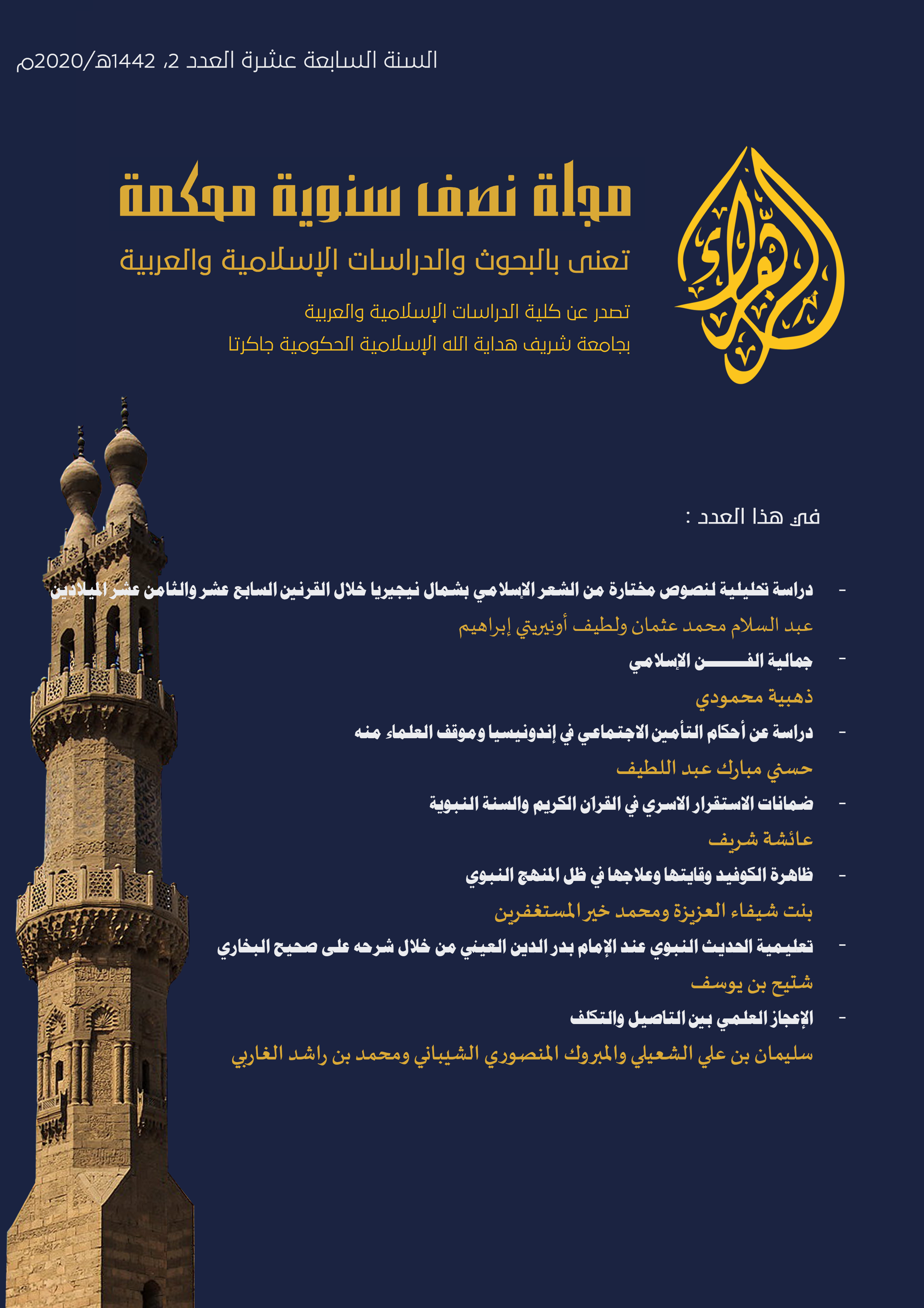Waqf Istibdal in Islamic Jurisprudence and Indonesian Waqf Law | استبدال العين الموقوفة في الفقه الإسلامي وقانون الوقف الإندونيسي
DOI:
https://doi.org/10.15408/zr.v17i2.32043Keywords:
Istibdal, Indonesian Waqf Law, Waqf JurisprudenceAbstract
Among the reasons for the weakening role of waqf in Indonesian society is the existence of more than a few waqf lands that are not operating due to the financial deficit. The jurists try to offer a solution to this problem by presenting a set of contracts and financial transactions that are carried out by Nazhir and by those who are responsible for waqf management, depending on their financial capabilities available within waqf institution. This solution follows economic principles known as self-investment, without the need for another party involvement. Self-investment methods vary depending on different cases of endowment funds, including istibdal (exchange of waqf property/ selling and buying the waqf property in the same form). The jurists have different opinion regarding the permissibility of istibdal between narrow, expanded and impermissible practices. This research confirms what the Indonesian waqf law and Islamic jurisprudence agree upon the permissibility of istibdal. This is because istibdal is considered the most effective means of perpetuating the benefit of the waqf, in order to achieving the purpose of waqif, and the legitimate interest intended from it, by ordering specific restrictions and conditions that prevent the loss of waqf property as well as the possibility of that property being manipulated.







